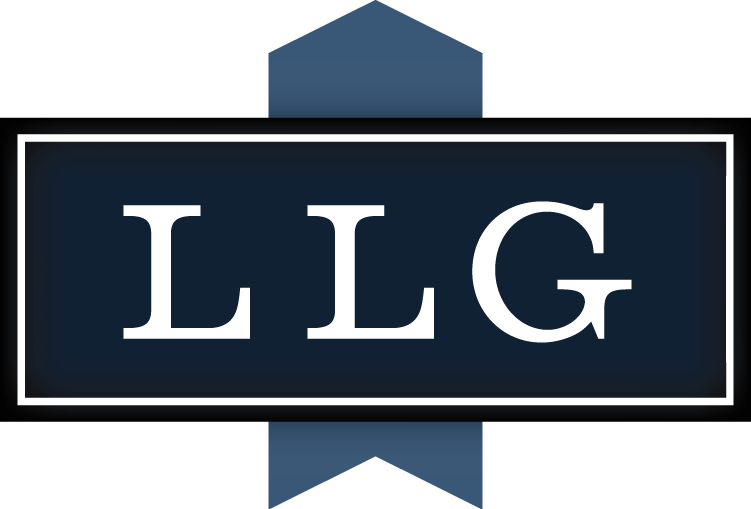How Long Does it Take to Get a Business License in the City of Chicago?
©info: https://flic.kr/p/8jqbkg
Recently Crains Chicago Business wrote an article about the despair that some applicants have when things come to a halt at Chicago's Department of Business Affairs and Consumer Protection. It was called "Dear City Hall: The Wait Time for My Permit Almost Squashed My Small Business."
According to Crains, "If you are thinking of starting a small business in Chicago, you might want to have an attorney lined up to help push things through City Hall."
SO: HOW LONG DOES IT TAKE TO GET A BUSINESS LICENSE IN THE CITY OF CHICAGO?
I always try to work with my clients to move things as quickly as we can. But, unfortunately, the answer to the above question ranges from "it's complicated" to "longer than you probably think."
Some licenses are relatively quick to process and receive. However, for more scrutinized licenses (liquor, tobacco, massage, etc.) the timeline can be very long for many reasons.
Some people who talk to me have told me that they heard that it takes 90 days. This idea probably comes from the fact that by law the review period for most types of liquor license applications shall be no fewer than 35 days and no longer than 90 days. Other licenses tend to take up to 90 days to review.
However, that 90-day window only kicks in after initial meetings with the Department of Business Affairs and Consumer Protection (DBACP), after compiling the application, and after paying to process the application. Paying the fee starts the City's 90 day window.
So, why does the City take so long?
One of the more important issues is zoning. To put it bluntly: you can't just build your business anywhere you want. Your proposed location must be zoned correctly. For that matter, there can't be any aldermanic or ward restrictions on your location either. And this is not an area where you can make assumptions. For example: just because the business across the street has a tavern license doesn't mean that you are correctly zoned for one too. Zoning and other location restrictions go building by building. It is best to figure this out right away. The City takes its time to get it right. Only after it comes to a zoning decision can we turn in the application and pay the fee.
Zoning and location restrictions are not fatal, though. Zoning can be changed. A moratorium can be lifted. However, this can add months to your application process.
Next, what any applicant must understand is that a lot of work goes into making sure that the application itself is right. This is not a small task:
- Corporate documents must be up-to-date and correct.
- Leases must be current. It also must allow for the type of business you want.
- Individual History Forms (IHF) must be filled out.
- Financial Disclosure Forms (FDF) must accurately reflect your financial status.
- Drawings must reflect what DBACP wants to see.
...and so on. In my experience, there are always going to be some complications when it comes to the application. Some things may be a simple fix. But some fixes may take coordination with other agencies or outside individuals.
Even after an application is turned in, DBACP may ask for corrections or clarifications to any number of things. You and your money lenders may be asked to get fingerprinted. You may be asked to provide additional documentation, etc. It may take significant time to draw up these documents.
Furthermore, for some types of licenses, the City will contact the alderman, police, and neighbors in your area to get their opinion on issuing a license. If there are complaints, the City may deny the license. Appeals can be made, but they can take months to resolve.
What can complicate things even more is if a sale of a business is involved. If there is construction required, the timeline may stretch depending on how quickly contractors can get building permits and complete their work.
So, what's the bottom line? I always suggest that if you are looking to get a business license, it is best to look into it as soon as possible. It should be the FIRST thing you do, in fact. Many applicants are surprised to find that their best laid plans must be tailored or changed to fit into licensing laws.
Are you ready? Get in touch with us.
by Daniel Rubinow, Principal Attorney
License Law Group

